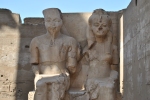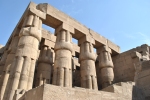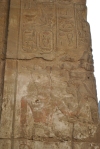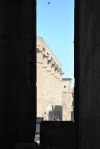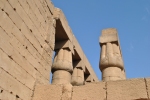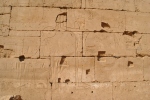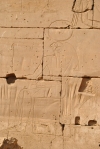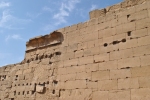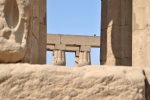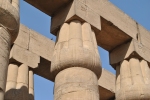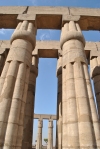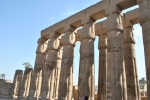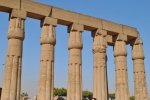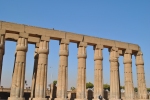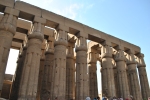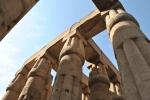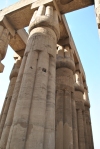Category Archives: The Black Land
African Centred Egypt – Kemet
Please visit http://www.fitzmuseum.cam.ac.uk/dept/ant/egypt/outreach/kemet/index.html and http://www.fitzmuseum.cam.ac.uk/dept/ant/egypt/outreach/kemet/nubiapastandpresent/index.html
‘This section of the website will include resources and information on an African centred approach to Ancient Egypt. The Ancient Egyptians called their country Kemet, which means ‘the black land’.
Many people forget that Egypt is part of the continent of Africa and only think of the modern state as part of the Middle-East. This is because Arabic is the main language and the country is predominantly Islamic following the settlement there in AD 642 of people of Islamic culture. However, there are many links between ancient Egyptian and modern African cultures, ranging from objects such as headrests to hairstyles such as the side lock, and this and other evidence support the idea that it was an African culture in addition to being geographically in Africa.
For these reasons Egypt is seen by people African descent as part of their cultural heritage and history. The concept of Egypt as part of Africa is not a new one. Some of the earliest travellers to Egypt came from the ancient cultures of Greece and Rome, including Greek philosophers, mathematicians, scientists, writers and poets who came to learn from the Egyptian priests. To the Greeks and Romans, Egypt was an African country, and their artists depicted the Egyptians as Africans, with black skin and tightly curled hair, described by the Greek historian Herodotos in fifth century BC as ‘woolly’ (Ashton, 2011).
Dr Sally Ann-Ashton is a Senior Assistant Keeper in the Department of Antiquities at the Fitzwilliam Museum in Cambridge.
Department of Antiquities
The Fitzwilliam Museum
Trumpington Street
Cambridge
CB2 1RB
United Kingdom
tel: (+44) (0)1223 332900
fax: (+44) (0)1223 332923
email: fitzmuseum-antiquities@lists.cam.ac.uk
